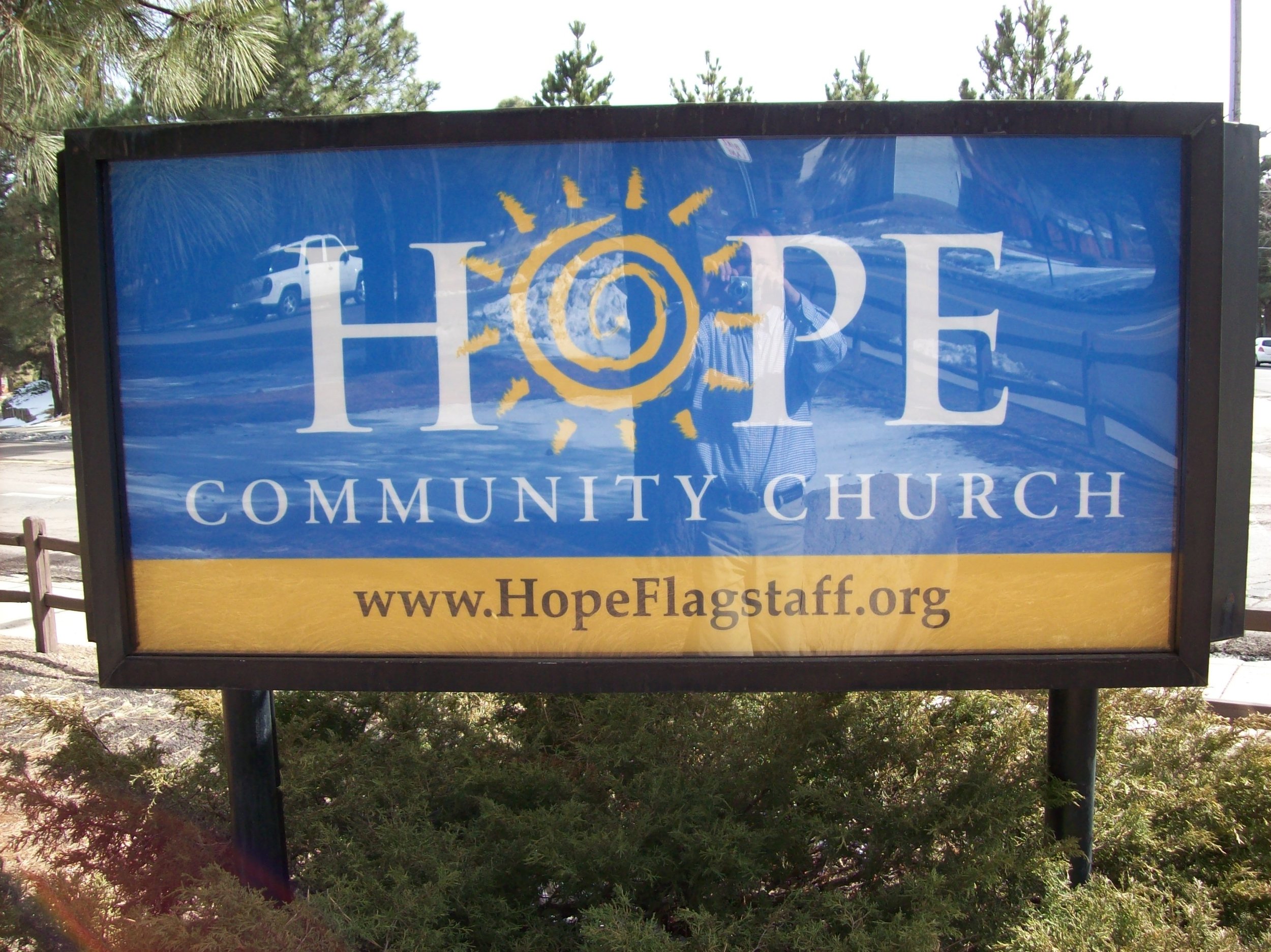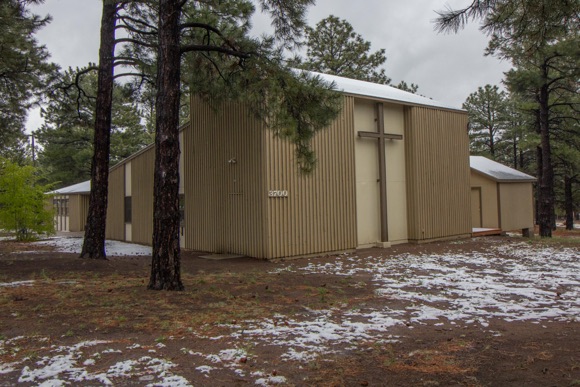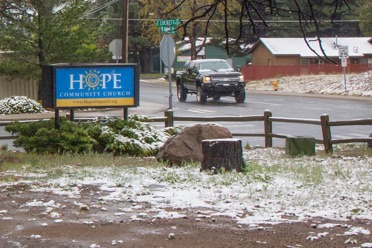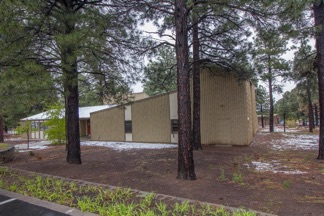So, how do I get started?
Please know you are always welcome—no matter who you are, what you believe, or where you are from! Since our mission is to love people, we strive to make our church welcoming to everyone.
With that said, please show up just as you are. People sometimes ask what they should wear. In Flagstaff, unless it’s a wedding or a funeral, people typically dress casual. At Hope, some ladies wear dresses, some don’t; some people wear jeans, some don’t. And once in a great while, our pastor wears a suit and tie!
Times:
Our Sunday service starts at 11:00 am. We typically end around 12:30 pm.
On the 2nd Sunday of the month we celebrate communion.
Hope
3700 N. Fanning Dr.
Flagstaff, AZ, 86004
Sunday Service at 11:00 AM
So, what’s this church about?
It’s about the God of the Bible, and his saving work in people’s lives. We believe life was created and designed by God to bring glory to himself and consequently blessings for us. He is the central focus of all creation; his purposes are/will be accomplished in each of our lives—that’s comforting! HCC is about discovering our place in history as well as God’s unfolding work today. Therefore, we believe God’s plan to restore the world to himself unfolds through the ministry of his Son and his Spirit through us his followers. Without God’s help, we believe none of us would have a chance of knowing him and living our lives entirely for him! So we follow our Savior as a community of disciples who look forward to Jesus’ return as “King of Kings, and Lord of Lords”, and yet we celebrate our life now as citizens of God’s present and unfolding kingdom.
So, how does this church work?
The short answer is teams of people. We believe the best way to implement our mission is through loving, collaborative teams. So we have identified six core teams that enable us to carry out the basic functions of a church—worship, education, outreach, fellowship, building and finance. Our team of elders and deacons (called the Council) oversees the teams as they seek the Lord through his Word and prayer.
When people begin to attend Hope and decide it’s the church the Lord has led them to, we encourage them to actively serve him. Their service could be at the church, but we understand it might be through their workplace, it might be focused on their home, or they may even need a season of rest in their lives. But when ready, we encourage them to serve as the Lord has S.H.A.P.E.’d them—their Spiritual gifts, Heart, Abilities, Personality, and Experiences[1]. Since we follow a God who never wastes anything in our lives, we believe he seeks to redeem all of us, (including our failures and pain) for his glory.
The way in which our church works towards its mission is important too. This is why we have identified four core values that guide how we treat one another in ministry. Therefore, we strive to foster a culture of integrity, collaboration, conflict management, and excellence. These qualities help create a safe culture for individuals and families to grow in the faith at Hope!
We understand every one’s S.H.A.P.E. is going to influence how they see challenges and go about making decisions and solving problems. It is inevitable that misunderstandings will occur, mistakes will be made and at times we’ll fail one another as we strive together to follow Christ and his mission. How we address the conflict should be guided by biblical principles and promote unity. Therefore, we have identified those principles and have covenanted together to work through our conflict in peaceful ways.
Wow, this sounds like a lot of work! We don’t believe work is a result Adam’s sin (Though we sure wish the conditions would not have changed.) We work because we’re made in God’s image. Therefore, we see joining God’s work as a privilege and something we want to approach with all of our hearts (see Colossians 3:17 and 23). Actively depending upon God’s help, we believe serving him is the most fulfilling way of saying “Thank you” to the One who sacrificially loves us. It’s how we experience God’s grace as we build friendships and memories that matter for eternity.
[1] Our materials are based upon the model taught by Saddleback Church, Lake Forest, CA (www.saddleback.com).


















